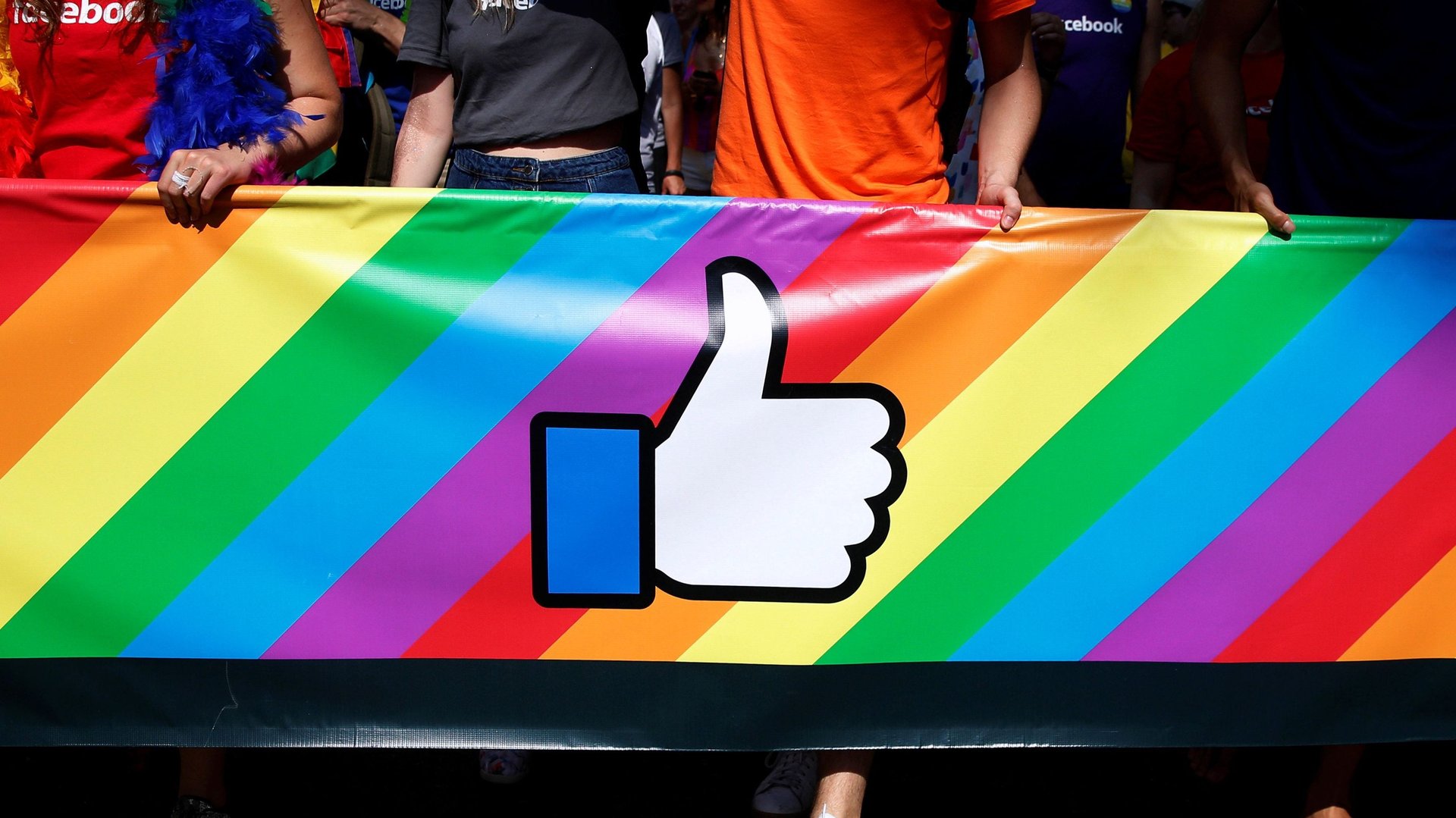Facebook will start measuring “social” good in its employee performance reviews
Facebook’s critics have long argued that over the company’s spectacularly successful 15-year growth trajectory, it has repeatedly ignored the dire consequences of its expand-at-all costs agenda. And that agenda, alleged to have helped make it possible for trolls to interfere in political elections and for outfits like Cambridge Analytica to collect user data without permission, was baked right into the company’s bonus plan.


Facebook’s critics have long argued that over the company’s spectacularly successful 15-year growth trajectory, it has repeatedly ignored the dire consequences of its expand-at-all costs agenda. And that agenda, alleged to have helped make it possible for trolls to interfere in political elections and for outfits like Cambridge Analytica to collect user data without permission, was baked right into the company’s bonus plan.
As recently as 2017, executive bonuses at Facebook were based in part on user-base growth and revenue increases, among other company-wide priorities approved by the board’s compensation and governance committee (p. 23). But now that Facebook’s leaders have had to appear before US Congress and fight off threats of stricter regulations, the company’s priorities have shifted, and with it the criteria for bonuses.
Last week on Facebook’s earnings call, CEO Mark Zuckerberg laid out the company’s four new goals, which include to “continue making progress on the major social issues facing the internet and our company” and to “communicate more transparently about what we’re doing and the role our services play in the world.” He also discussed weighty and complex issues most CEOs rarely talk about publicly, like international terrorism, the loneliness epidemic, and free speech.
Perhaps to drive home how seriously he takes this pivot from growth to the greater good, Zuckerberg yesterday (Feb. 6) announced that every employee’s performance will be measured against its new goals, meaning bonuses will be somewhat determined by efforts to advance social causes. Zuckerberg revealed the new tactic in an all-hands meeting at the company’s Menlo Park, California, headquarters, Fortune reports.
Zuckerberg stopped short of attaching a price to whistleblowing or moral courage, so the details of this policy remain fuzzy. In a statement shared with Quartz, Facebook explained that: “Over the past two years, we’ve fundamentally changed how we run Facebook. This particular change is designed to ensure that we are incentivizing people to keep making progress on the major social issues facing the internet and our company.”
Making the case for conscious capitalism is certainly on trend, but it’s unclear whether incentivizing priceless commodities like goodwill and honest citizenship ever works. As we wait to see what effect Facebook’s new priorities will have on a culture that allowed the company’s major challenges now to fester in the first place, the slightly perverse message to employees now is this: Pivot toward honesty and good citizenship like your bonus depends on it.